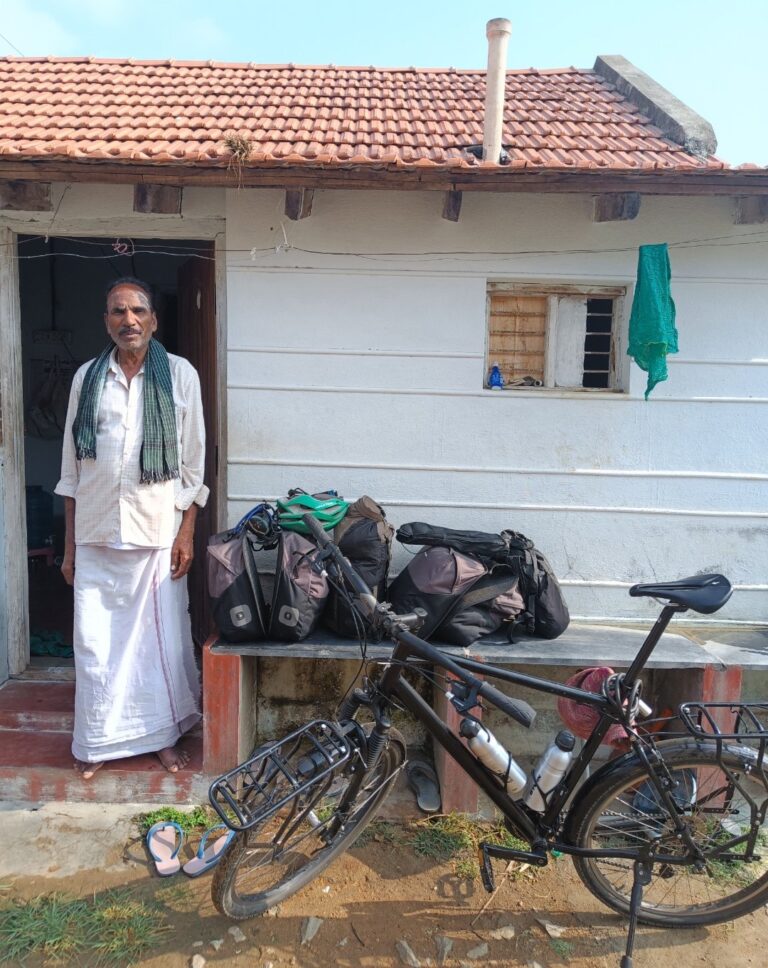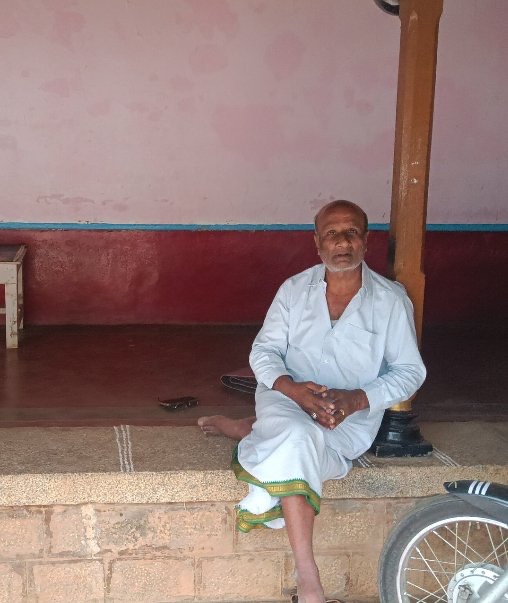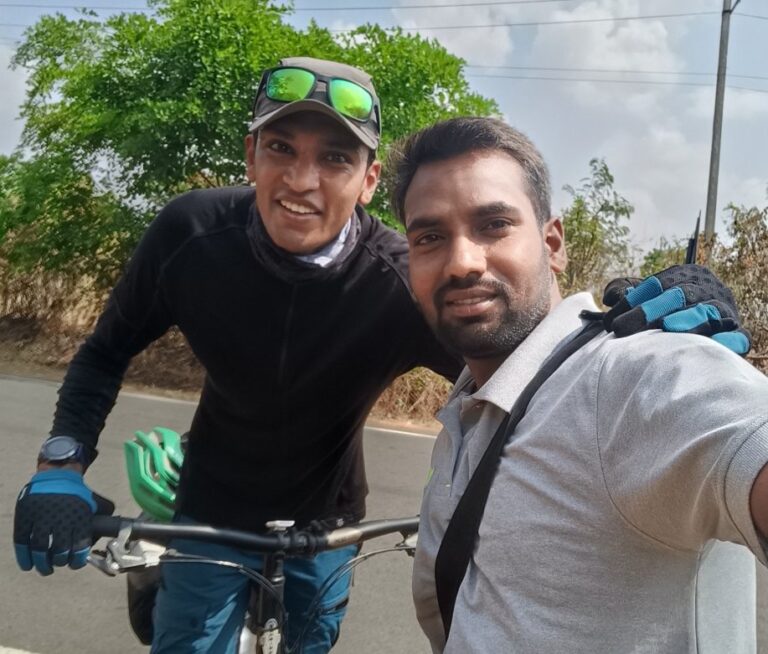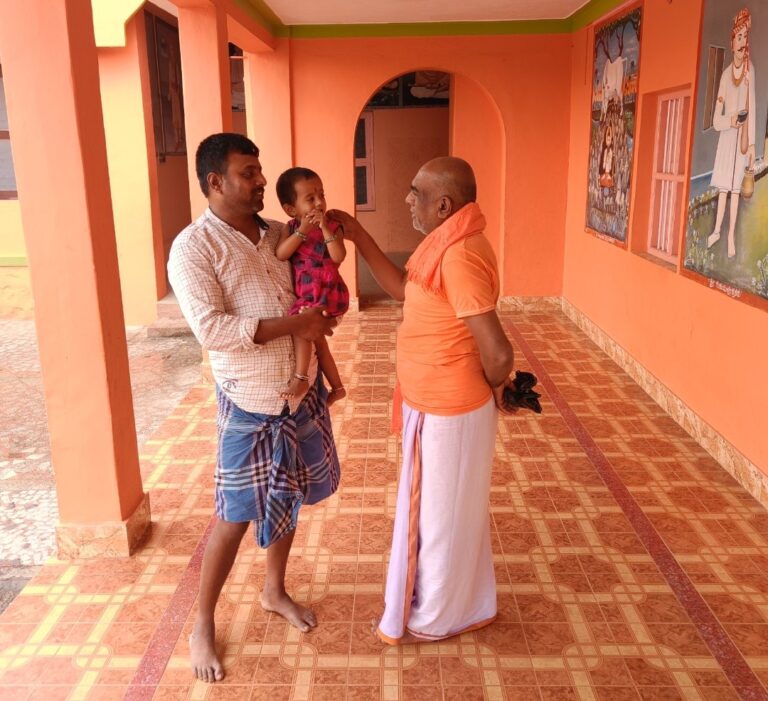What is the importance of culture? Is it necessary to follow your culture?
When it comes to following culture and age-old traditions, the first thing that younger generations say is “it is a thing of the past”. Cultures hardly exist in cities that raise a mixed breed of people.
In such communities, people are negligent and ‘culture-less’. It isn’t surprising at all that the newer generations deny culture. It is not their fault. They just don’t understand its meaning because of their upbringing.
On my all-India cycle tour, it took me only 5 and a half days to understand the importance of culture. To go from ‘culture-less’ to ‘want to be cultured’. So, why is it necessary to follow your culture? And what is the importance of culture?
Culture is the clothing we wear on us. It depicts our attire. The difference between being cultured and ‘culture-less’ is close to wearing clothes in a civilized fashion and roaming around naked like animals. If you are an angry individual, that is your attire. Your actions in life depict it. One of rage. The same goes for a happy, sad, or excited individual. In a similar fashion, if you are a cultured individual, you have an attire of your own. One of humanity.
Table of Contents
Toggle
What is the importance of culture?
How happy would you be to stick around a grumpy person? How happy would you be to stick around a jovial one? If you answered the latter, why did you do it? Think of it for a moment.
At the core of our being, we are all animals. Our instincts are of survival. This means we fear, and for that sake, we are ready to kill to live.
Being at the top of the food chain, humans are only one of the few animals who can drop fear and instincts of survival, to practice compassion. If one had no fear of losing life or any of its derivatives, it is extremely easy to practice compassion. Monks at temples are an example.
Scratch the hypothesis! Let us work with an example.
During my cycle touring, I always hope to come across people who are welcoming, loving, and interactive. Nobody wants to come across people who deny you food, stay, or doubt you as an individual. At the same time, you don’t want angry people coming your way, cursing you, and asking you to get off the road.
I have seen both kinds in my journey.
Drunk people, behaving rudely, and mocking at you can’t be cultured.
Contrarily, every cultured man I have come across has been warm, kind, and helpful. The first signs of a cultured person are their clothing style, speaking style, and intentions. Many times even belief in God.
I am always comfortable approaching a man who has Vibuthi (ash powder) on his forehead compared to one who has eyes red. Why is that? Think for a second.
My experience with cultured people:
In my journey, I observed a couple of stories that hit me hard. Made me realize culture is more important than education or money.
I have lived in the house of a Aradhya Bhramin family and a Veerashaiva Lingayat in the last couple of days. I have even stayed over one day at a Mutt. One thing common with everyone I came in contact during the journey was humanity.
The duty to be fulfilled by cultured people
At Shivamallapa Sir’s house where I stayed on the 4th day of my journey, I thanked him for offering me food and stay, with praying hands. Shivamallapa sir just brushed it off saying what he did was in fact a duty and he felt happy to have received the opportunity to have served a guest.
He said, his culture demands him to serve a guest as his duty.
Refusing to feel superior when you are one
On the 3rd day of the journey, I stayed at Mr. Gurushanth Aradhya’s place. Mr. Gurushanth is a priest whose blessings are sought after by devotees of God each day.
To follow the same traditions as everyone else, on the morning I was leaving his house, I crouched forward to touch his feet. Sir just held my hands and denied the process. He said from his cultural point of view he saw me as a traveller. A divine one.
Empathizing with a living being
On the 4th day of my journey, I saw a cow that was being dragged on the road. How much ever the cow would deny moving, the owner was reluctantly pulling it forward. The cow in fact fell and refused to move.
Suspecting sunstroke, I approached the owner of the cow with a bottle of water. The owner however refused to speak to me.
Along the way, another chap just dropped by looking at my loaded bicycle. When I asked him why the cow was refusing to move, I realized it was being carried to the slaughterhouse.
The guy couldn’t help but curse the owner for dragging the cow. He hurled abusive words at the owner. The owner didn’t budge and simply pulled the cow away.
Of the two people you see here, who do you think is cultured?
- This is my culture!
On the 5th day of my cycle tour, I decided to stay over at a mutt. A mutt is a temple of sorts where both food and stay are offered to travellers and hosts.
After having lunch and taking a rest, looking at my cycle parked inside, a person carrying a child approached me. After much discussion and understanding of what my intentions were, he started explaining the rich history of the mutt.
After some time, when the matadipathi (temple head) came out, Mahadevswami, the person who was speaking with me all the while, fell at the feet of the matadipathi’s legs seeking blessings.
Mahadevswami quickly turned to me and explained that this was his culture. The Veerashaiva lingayata culture. There was immense conviction and unexplainable pride on his face while he was displaying his culture.
He continued to explain how the temple head sacrifices his entire life for the good of society and how his presence was the reason I even got to have food and stay there.
If it was not for the culture I would have had to only wish and pray that I didn’t come across drunkards.
Conclusion. Is it necessary to follow your culture?
Culture is the sole reason I have got to travel for 5 whole days without expounding a single penny. It is the sole reason I have received love and warmth from people. My mind has subconsciously tuned itself to look at the forehead of people to observe Vibuthi. The one who wears it, I can blindly believe.
Different cultures, however, are the different clothes that people put no. No cloth is bad. Representing oneself with clothing is better than remaining naked.
If you request a cultured person for water, you will be welcomed.
If you praise a cultured person, they will ascribe it to God.
If you scold a cultured person, they will not get offended.
If you thank a cultured person, they will brush it off.
If you help a cultured person, they will make sure the favour is returned.
If a cultured person can help you, they will go out of the way to do so.
If humanity is what one gets in return for following a culture, it is worth the effort. Most cultures simply teach humanity. That desires are the root cause of suffering, and that work is worship.
My couple of cents on this topic is, to let go of your culture derived activities if times are changing. However, Never let go of your culture. Culture is not bound by time. Culture is what makes us more human.
To read about how age-old traditions from the 13th century are still being carried forward by the Wadiyar dynasty, read this article.
For more such articles, please head to the homepage and subscribe to my newsletters.
I am a 31 year young PhD graduate who has decided to travel the length and breadth of India on my cycle, to document the journey of meeting a vast array of people. In my journey, I intend to understand the characteristic features of the people of this nation and categorize them based on their demographics, age, profession, gender, traditions, and cultural differences.




Great insight. These people are real life heros and they dont wear capes